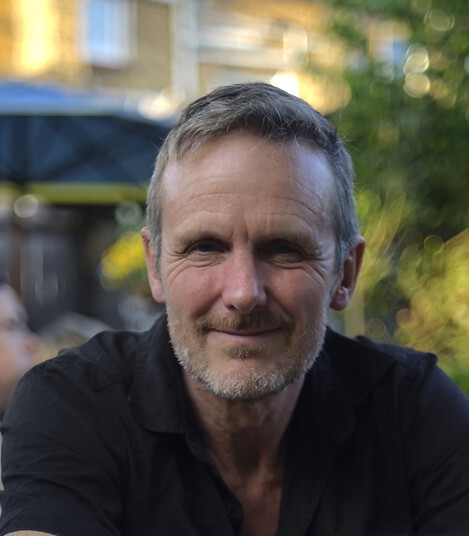Martin Stokes
Music, Citizenship and Belonging
Music shapes identities, and thus the experience of belonging and political participation. It does so over scales of magnitude that require consideration – both within and beyond the nation-state. It also, crucially, determines the extent to which (some) others don’t belong, or may not participate. Questions I once raised with reference to ethnicity (Stokes 1994) are connected to questions I have been asking more recently of citizenship (Stokes 2023).
This lecture will explore the connection, and some of the conceptual difficulties. The latter term, citizenship, is notoriously complex, from an anthropological and critical perspective (viz Lazar 2013). Added to which, the populist turn has put questions of belonging/citizenship under extreme pressure. Reflection on the question of ‘minorities’, and specifically their music-making, may help though – both in achieving some conceptual clarity and a sense of our political responsibilities at the current juncture. I will take my musical examples from practices associated with minoritized Muslims across and around Europe and the Mediterranean.
Stokes, Martin 1994 (ed.) Ethnicity, Identity and Music: The Musical Construction of Place. Oxford: Berg
Stokes, Martin 2023. Music and Citizenship. Oxford: Oxford University Press.
Lazar, Sian 2013. “Introduction” to S. Lazar (ed.) The Anthropology of Citizenship: A Reader. London: Wiley-Blackwell.
Martin Stokes is King Edward Professor of Music at King’s College London. He has researched music in Turkey, Egypt and elsewhere in Europe and around the Mediterranean. His books include The Arabesk Debate: Music and Musicians in Modern Turkey (1992), Ethnicity, Identity and Music: The Musical Construction of Space (ed. 1994), The Republic of Love: Cultural Intimacy and Popular Culture in Turkey (2010) and, most recently, Music and Citizenship (2023). Currently directs the "Beyond 1932" project, on the legacy of the 1932 Congress of Arab Music in Cairo, at King's College London. He is a Fellow of the British Academy.
 © Martin Stokes
© Martin Stokes